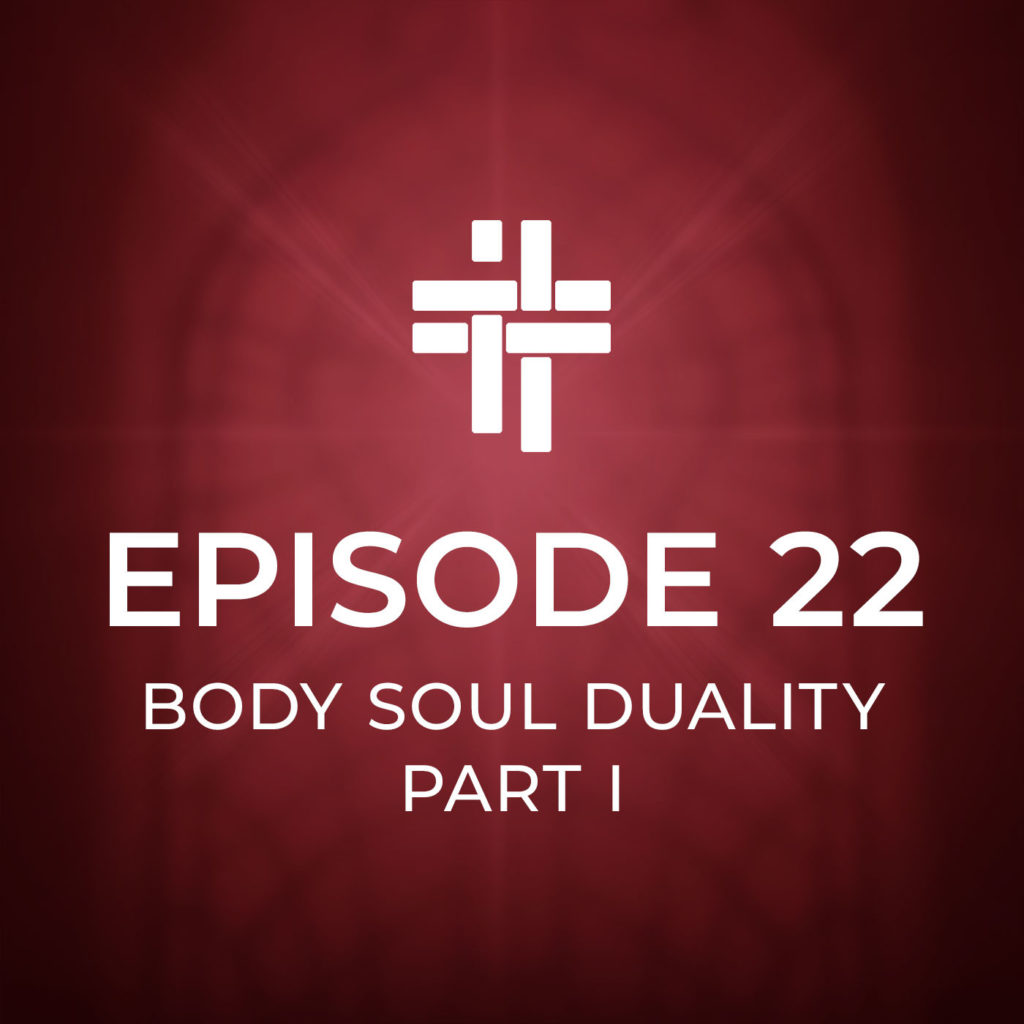As we study and reflect on scripture, we discover a duality between Flesh Body and Immortal Soul or Spirit. They are not the same thing. The Flesh Body is perishable. It is transitory. Its existence is fleeting. In contrast, an immortal soul — who we are as Divine Self — does not perish. We enjoy eternal life.
Podcast: Play in new window | Download (Duration: 13:24 — 18.4MB) | Embed
Subscribe to the podcast
Credits
“Angel Share” and “Concentration” Kevin MacLeod Licensed under Creative Commons: By Attribution 3.0 License


